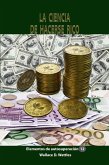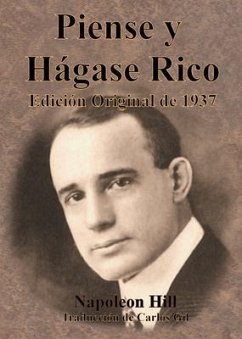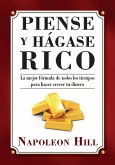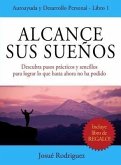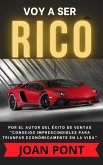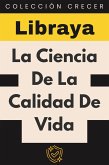Existe una Ciencia para hacerse rico, y es una ciencia exacta, como lo son el álgebra o las matemáticas. Hay ciertas leyes que gobiernan el proceso de adquirir la riqueza; unas leyes que, una vez aprendidas y seguidas por cualquier hombre, harán que se enriquezca con una certeza matemática. Se trata de una ley natural que hace que determinadas causas produzcan determinados efectos; y, por lo tanto, cualquier hombre o mujer que aprende a desenvolverse con soltura con sus normas, infaliblemente se enriquecerá. El presenta libro, sin duda el manual para enriquecerse más famoso de todos los tiempos, le revelará cómo alcanzar la riqueza y la prosperidad utilizando el sistema que usaron cientos de multimillonarios norteamericanos.
Bitte wählen Sie Ihr Anliegen aus.
Rechnungen
Retourenschein anfordern
Bestellstatus
Storno



